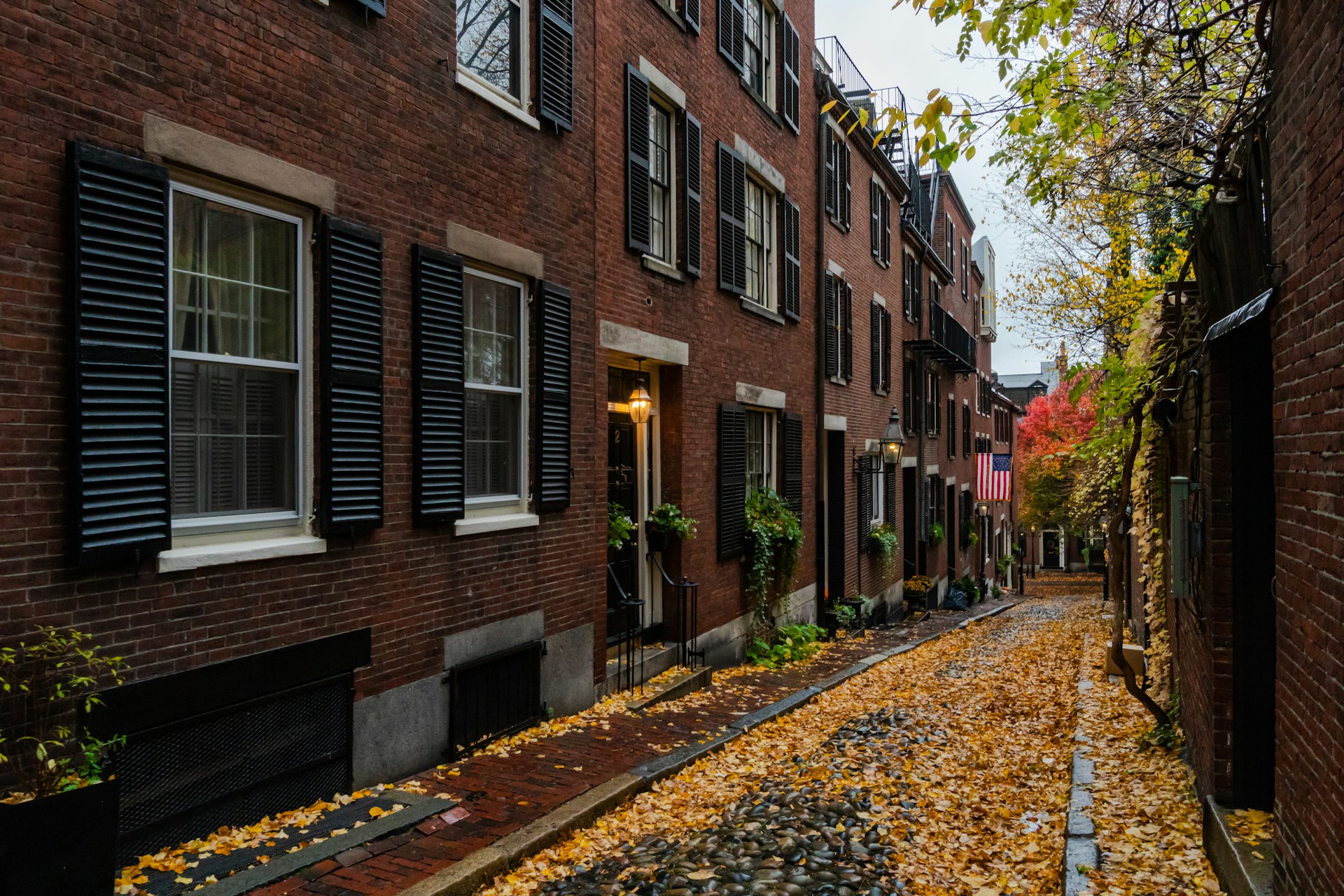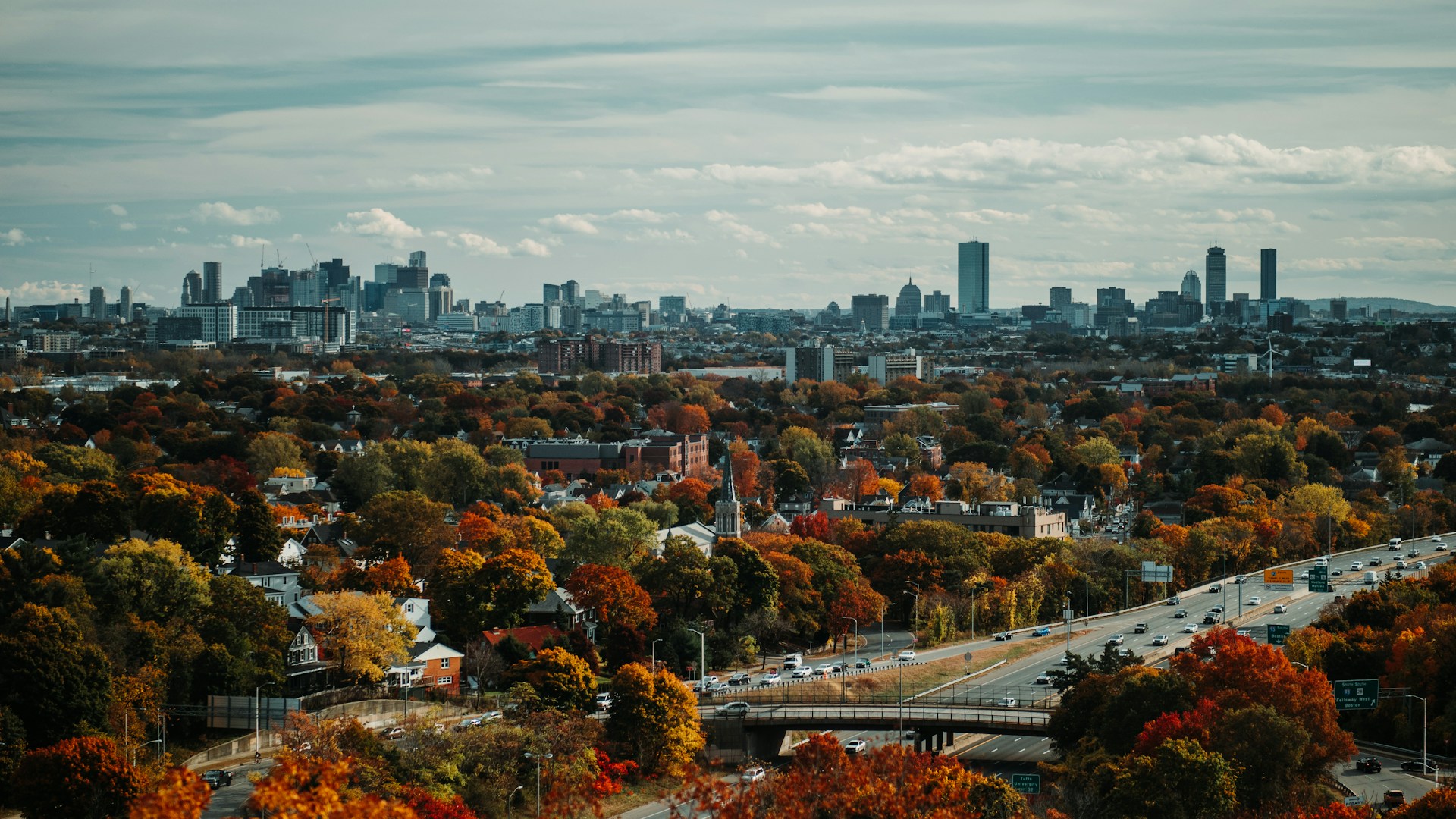What Boston Homebuyers Need To Know About Property Taxes In 2025
For those planning to buy a home in Boston in 2025, understanding property taxes is essential to making a smart, financially sound investment. With residential rates adjusting upward, shifting burdens between commercial and homeowner properties, and statewide exemptions playing a critical role, Boston's real estate tax landscape is far from static.

Many new buyers overlook how these taxes can affect long-term affordability, especially in high-demand neighborhoods where assessed values continue to climb. Fortunately, the right real estate consultant can guide you through the nuances, from interpreting the latest rates to planning for appeals, exemptions, or future legislative shifts. Below, we explore key players in Boston real estate, provide a breakdown of property taxes in 2025, and outline how buyers can stay ahead financially.
Leading Real Estate Consultants In Boston
Securing expert guidance can make all the difference when navigating taxes and assessments during your home purchase.
The Ambrose Group
The Ambrose Group has become a trusted name in Boston's real estate consulting sector, especially for first-time and high-end buyers. Their client-first approach emphasizes transparency, market intelligence, and deep knowledge of tax incentives and local assessments. With direct experience across neighborhoods like Back Bay, South End, and Dorchester, their team helps buyers evaluate how taxes affect property value and mortgage planning.
The Charles Realty
Operating out of Boston's historic Beacon Hill, The Charles Realty offers decades of expertise across sales, rentals, and property management. Their agents are known for walking clients through property tax implications, identifying neighborhoods where assessments may stay competitive, and advising on how Boston's residential exemption can be leveraged effectively during closing.
Benoit Real Estate Group
Focused on Greater Boston with a particularly strong presence in Cambridge and Somerville, Benoit Real Estate Group offers in-depth analysis for buyers focused on both residential homes and investment properties. They provide tailored advice on tax strategies, including whether to appeal assessments, how to factor tax costs into bids, and long-term forecasting for tax growth in gentrifying neighborhoods.
Understanding Property Taxes In Boston (2025)
Boston's tax rates and residential exemptions in 2025 reflect shifts in property valuations, state law, and local fiscal policy.
Current Rates And Exemptions
The City of Boston has set the FY2025 residential tax rate at $11.58 per $1,000 of assessed value, a noticeable increase from the previous year's rate of $10.90. Commercial property is taxed significantly higher at $25.96 per $1,000, underscoring the city's longstanding split-rate system. Importantly, Boston continues to apply the maximum residential exemption, reducing the taxable value of owner-occupied homes by $3,984.21.
For example, a property assessed at $750,000 would have its taxable amount reduced to approximately $746,016, resulting in a bill of about $8,643 before any further exemptions.
How Boston Calculates Assessed Value
Assessments are based on market value as of January 1st of the previous year, adjusted annually. Neighborhoods with rapid development or renovation tend to experience steeper increases. Unlike sale price, assessed value often lags, creating temporary disparities buyers must be ready for. Home improvements—especially those visible in public records—can trigger reassessments in subsequent years.
Boston also allows taxpayers to view assessments and property tax bills via the city's online portal, making it easier to track value trends year to year.
Factors Driving The 2025 Property Tax Increase
Three key elements have caused property tax burdens to increase for many homeowners this year:
1. Decline In Commercial Valuations
Boston's commercial property values dipped slightly in 2024-2025, partly due to higher vacancy rates in office spaces and slower leasing post-pandemic. This decline shifted more fiscal responsibility onto residential properties as the city worked to meet budget demands without raising overall levy limits beyond those allowed under Massachusetts' Proposition 2½.
2. Accelerated Residential Growth
Areas like East Boston, Jamaica Plain, and parts of Roxbury have seen double-digit value increases. As assessed values rise, even a modest rate hike leads to higher bills. New developments and conversions (e.g., multi-family to luxury condos) are driving rapid valuation jumps.

3. Legislative Gridlock
A proposal by Mayor Michelle Wu to shift more tax responsibility onto commercial property was stalled in the state legislature. Without that reclassification, homeowners are bearing a disproportionate share of the municipal tax base, particularly in neighborhoods with fewer corporate properties.
Strategic Tax Planning For Boston Buyers
Savvy homebuyers in 2025 should consider more than just purchase price when estimating long-term affordability.
Leveraging The Residential Exemption
One of Boston's most valuable tax relief tools is its residential exemption. To qualify, the property must be your principal residence on January 1 of the tax year. This exemption reduces the taxable value significantly—by nearly $4,000 in 2025. Buyers should work with their agent and closing attorney to ensure all paperwork is filed promptly so benefits apply in the next billing cycle.
Appealing An Assessment
If your new home is assessed above market value, you can appeal. The City of Boston allows homeowners to request abatements, usually from January to February each year. Filing requires submitting comparable sales, appraisal documents, or proof of depreciation. This can result in substantial savings, especially in neighborhoods with inconsistent assessments.
Evaluating Neighborhood Trends
Property taxes can vary dramatically by area depending on how aggressively local values have climbed. Some neighborhoods, like West Roxbury or Hyde Park, may offer stable tax expectations, while others—like Seaport or Fort Hill—can experience valuation surges within short periods. Real estate consultants can provide year-over-year data to forecast how taxes may rise after purchase.
Wrapping Up
For 2025 homebuyers, Boston's property tax picture is more dynamic than ever. Increased rates, shifting values, and legislative uncertainty all play a role in what you'll owe—not just now, but years into your mortgage.
By working with trusted real estate consultants like The Ambrose Group, The Charles Realty, or Benoit Real Estate Group, you'll be equipped to understand, anticipate, and reduce your tax liability. As the market continues to evolve, the smartest buyers are those who prepare beyond price and location—and tax planning is the foundation of that strategy.

Published 7/1/25